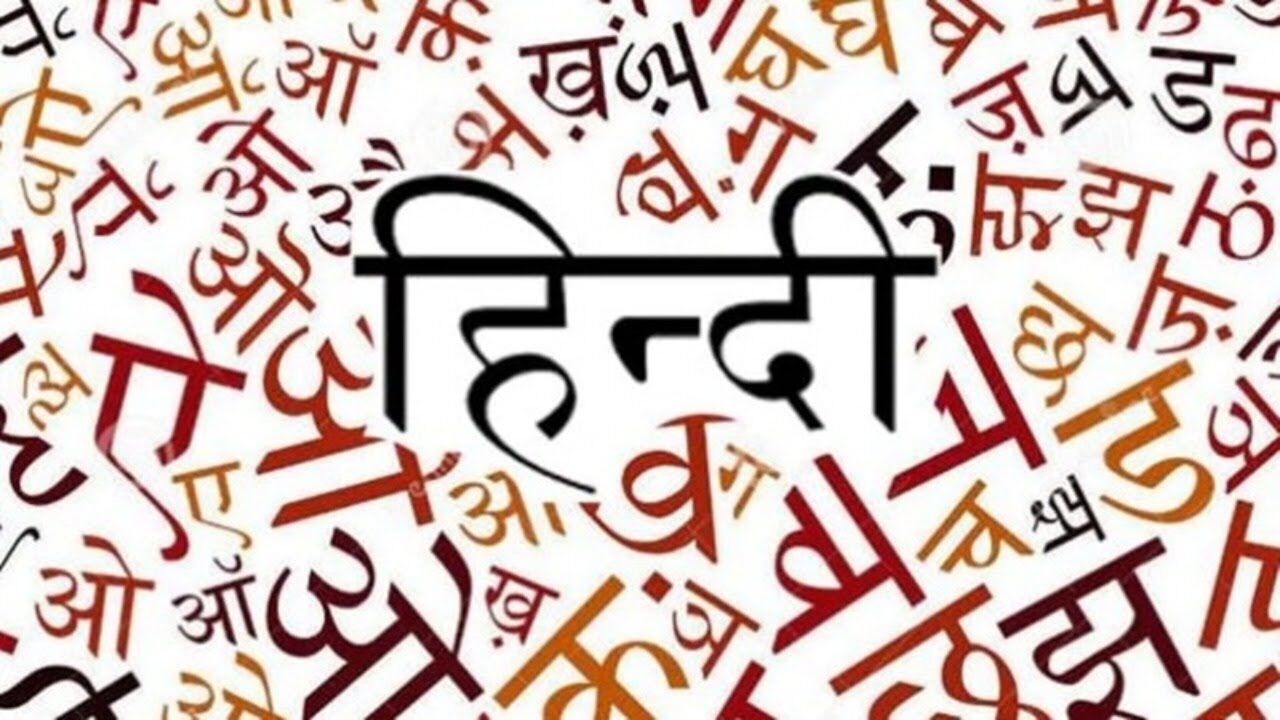Unity without diversity?

India is reported to have around 800 living languages, with several hundreds of those having faced extinction over the decades following independence, and many others struggling for survival. Unfortunately, rather than preserving this invaluable heritage, accumulated all throughout the shaping of India, the country is obsessed with the issue of imposition or non-imposition of one particular language as a national language. The Home Minister's statement that the time has come to make the official language the 'language of India' has revived the recurring debate around imposition of Hindi over states that don't speak the language. The argument that the Home Minister floated in the meeting of the Parliamentary Official Language Committee, was that 70 per cent of the agenda of the Union Cabinet was now prepared in Hindi. Also, his conviction is that making Hindi 'the language of India' will promote the unity of the nation. Both his argument and his conviction are countered by Opposition leaders, and not without reasons. It may be recollected that following a fierce debate, the Constituent Assembly had decided to keep English as the official language, in addition to Hindi — based on Munshi- Ayyangar formula — for the first 15 years of Indian republic. Towards the completion of the term, the resistance from non-Hindi states continued, leading to the passage of Official Languages Act, 1963, which allowed the continuance of both Hindi and English as official languages until the "non-Hindi speaking people desire a change". Since Hindi is an official language of India, there should be no surprise when it's used majorly for the agenda of the Union cabinet. It should also not serve as a motivation to present it as the "language of India". The basic obstacle of acceptance of Hindi by a host of states across the country remains unaddressed. Indian Constitution, as per now, clearly doesn't provide for any national language. Presenting any language as such, that too by high-functioning politicians, undoubtedly goes against the Constitutional ethos of the country. In 2017, a similar reference was made by the Vice President, only to receive heavy backlash. Couple of years later, the decision of introducing Hindi as a compulsory course in the bachelor programmes was fiercely opposed. All this is evidence that the country, on an overall basis, doesn't directly relate itself with Hindi — a prerequisite for announcing any language as the national language, through Constitutional route. Can the State mandate individuals to speak a particular language? Certainly not. It should be left to the people of India whether or not they want a "language of India". Deciding the language that people will speak is not the business of the State in a democracy. As far as promoting unity is concerned, India's unity stems from its diversity. It doesn't require the blanket of uniformity. Congress MP, Shashi Tharoor, rightly puts it: "Promoting a language that advantages one set of Indians over others is a recipe for division over diversity". Indians don't tire of saying that language in India changes every mile, and we speak so with pride. Indians certainly don't deserve to be robbed of this invaluable pride. It has to be mentioned here that the Home Minister has clarified that he talks of substituting English with Hindi, and not other regional languages. But anyhow, the state's diktat to the people to use any particular language restricts their choice of languages, and all other languages, except the one being pushed, will be at the receiving end. Furthermore, when the State promotes substitution of English with Hindi, will it be endeavouring towards a constructed overhaul where all — literate or illiterate — must find themselves obliged to leave the language they are naturally comfortable with, and start learning another from the scratch just because the State wishes so. Is it even feasible? Also, by discrediting English, or according it lower priority, the State will only undermine the incomparable wealth of knowledge that is coded in that language. Language should not just be seen in the truncated symbolic view. Its merit lies in its functional aspect as well. Neglecting the same will cripple economies, societies and whatnot. The government must seriously consider shedding its futile obsession with "one nation, one culture, one language" standpoint and strive towards saving the real and invaluable wealth of India — its fading linguistic diversity, which is so central to its unity.



